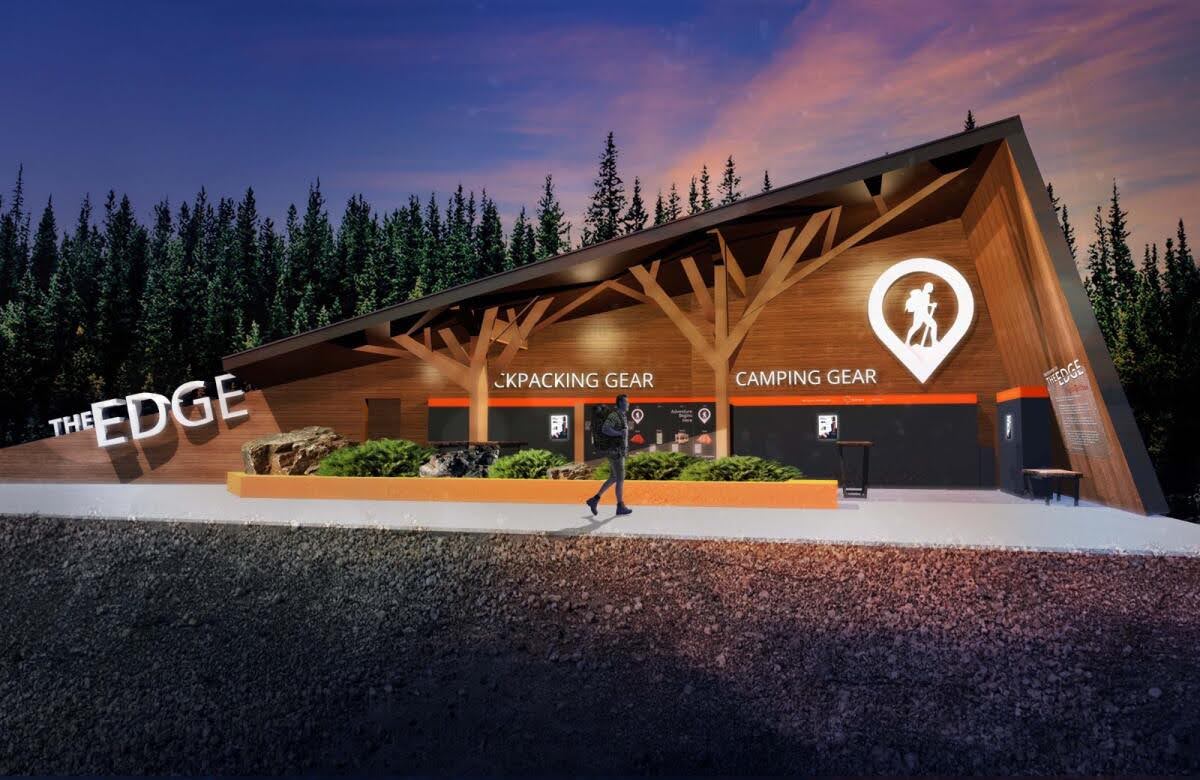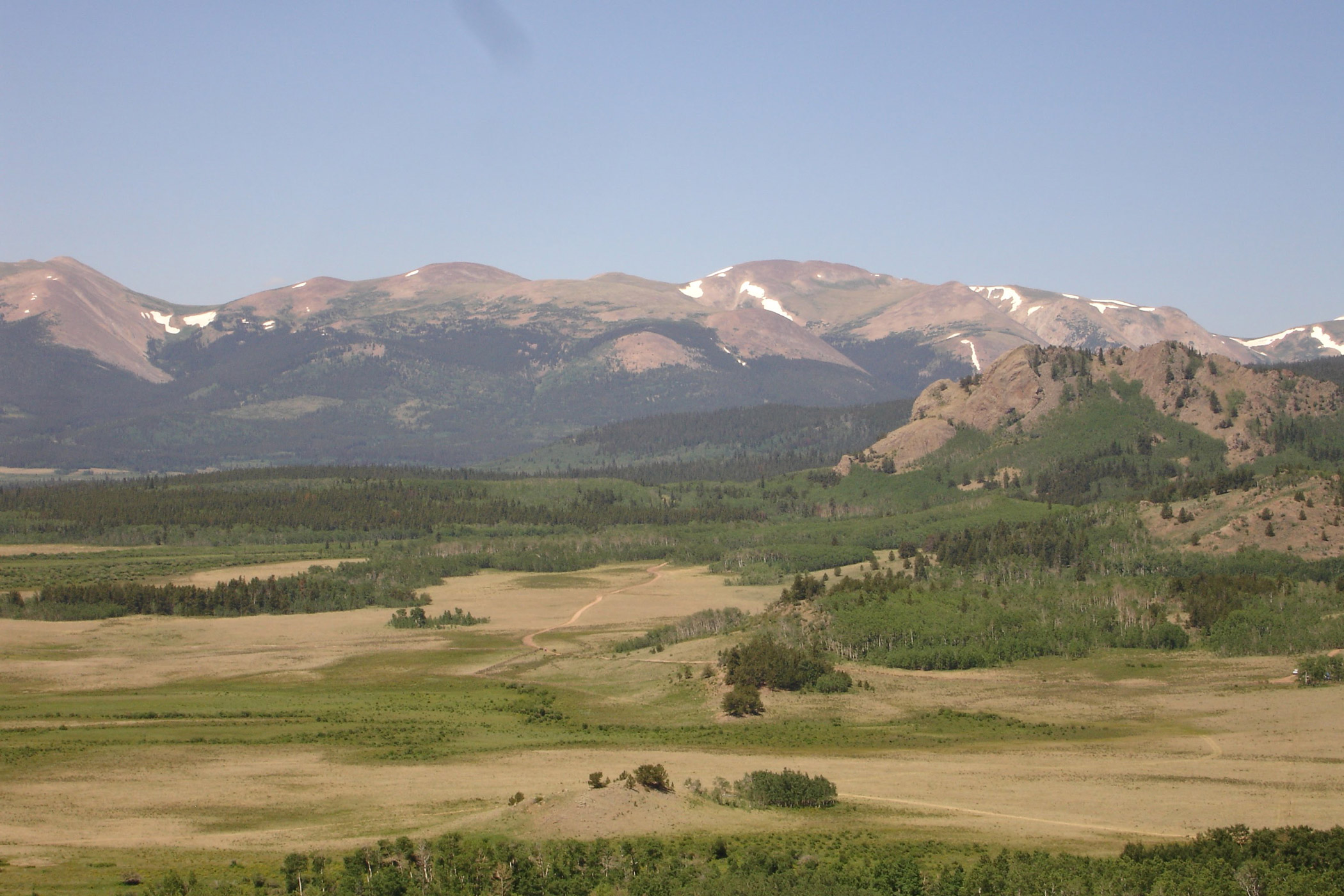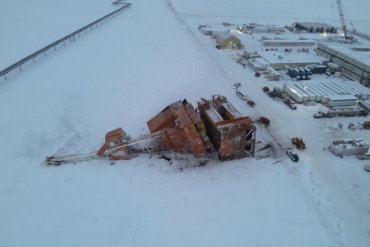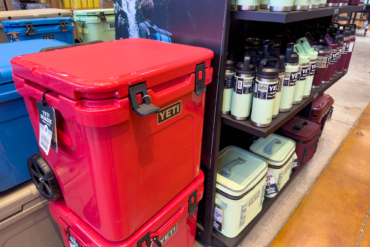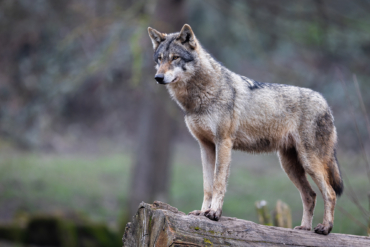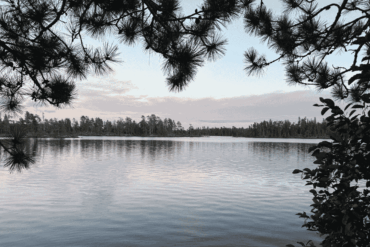Victoria Livschitz discovered the mountains fairly late in life. The serial entrepreneur was running companies and living in Silicon Valley in a high-stress world. And eventually, she said, there was a burnout and a crash. She needed an escape. So in 2017 she went on her first backpacking trip, on the John Muir Trail in California.
“I got completely hooked and spent the next few years learning backpacking and learning mountaineering; hiking and trekking all over the world from the Arctic to Antarctica,” she said.
And she quickly noticed something about the camping and backpacking worlds — there were huge barriers of entry for people who wanted to try them. Planning trips takes knowledge and understanding of trails, how far you can go, what you have to pack, how to stay safe, and how to Leave No Trace along your way. You need gear, which is often prohibitively expensive for people. And you need to know what kinds of meals to pack, and how much food to bring for each day on the trail.
Google has done a great job of digitizing the world’s roads, cataloging business hours and local information, and compiling it all into an easy-to-use maps app. But no such thing exists for the wilderness. No single app can tell you where ranger stations are, their hours of operation, whether or not you need a permit to camp in a specific area, if you can have a campfire at 10,000 feet, what trail systems exist, where campgrounds are, and so on.
But for the past 2 years, Livschitz and her team have been working hard to create it.
“We’re building databases that know all of that, about everything related to wilderness,” she said. “There was just this tremendous opportunity to figure out how to lower the barriers in every possible way, from the technological standpoint.”
Digitizing the Wilderness: The RightOnTrek Wilderness Studio
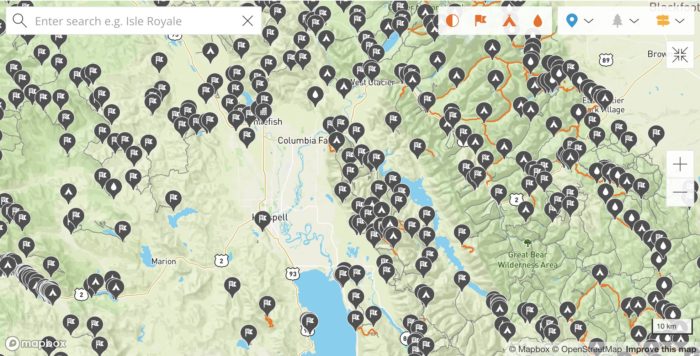
Livschitz started to envision a digital service that would make planning a backpacking trip as easy as selecting an itinerary, a meal plan, and a list of gear to rent. And she started building it.
“The big vision behind RightOnTrek is to become an enabler for masses of people to figure out how they can engage in outdoor recreation and take either their very first trip for camping, backpacking, fishing, whatever the case might be,” Livschitz said. “Or, if they’re lifelong mountaineers, to just engineer away all the complexities related to logistics, planning, and executing a great adventure.”
The Wilderness Studio
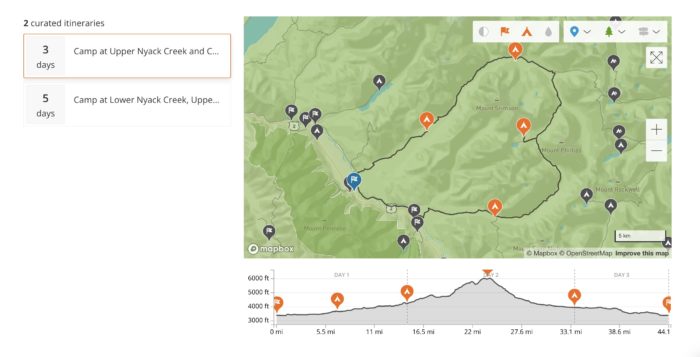
The RightOnTrek “Wilderness Studio” is an interactive map. It allows users to see trail systems, camping areas, water, resupply stations, transportation, towns, and attractions. You can toggle any of those on or off to clear space on the map. You can even filter which trails it shows based on distance and duration.
Select any trail and the Wilderness Studio will tell you how many miles it is and give you an elevation profile and a brief description of the trail. The platform will even give you different itinerary options depending on how fast you want to hike or how many days you want to spend on the trail.
Then, Wilderness Studio provides even more beta. Below the trail description, you’ll find directions to the trailhead as well as information on the geology and history of the area, permits and fees, rules and regulations, seasons and weather, water sources, animals and plants, risks and hazards, gear and skills, and contacts and resources. It’s everything you could want to know about a hike, all compiled in one place.
Then you can save your plans as “Trips” and share them with your friends or on social media.
“It’s going to lay out the trip,” Livschitz said. “It should be as easy as if you wanted to take a road trip using Google Maps.”
As of now, RightOnTrek has only digitized Glacier National Park (where the company is based), North Cascades National Park in Washington, and much of the John Muir Trail through Oregon and California. Livschitz called it a “beast of a project” to digitize every wilderness in the U.S. But that’s her goal. And she intends to keep the Wilderness Studio a completely free service.
No Gear? No Problem: ‘Wilderness Edge’
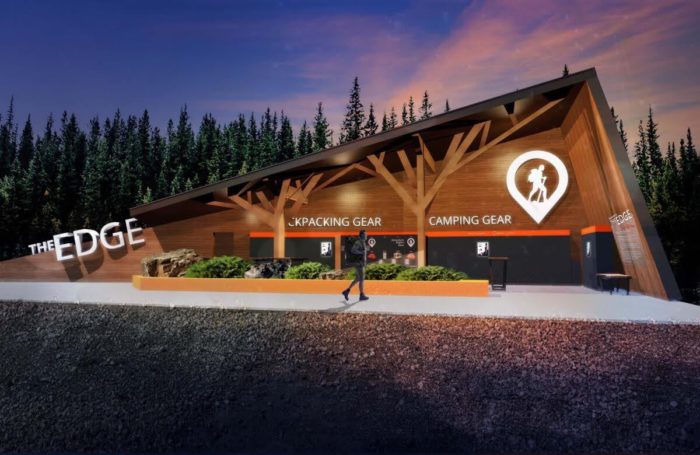
The next barrier Livschitz saw preventing people from getting out into the wilderness is gear. For someone new to backpacking or camping, knowing what gear you need to bring can be a challenge. Not to mention the prospect of purchasing everything new.
If Livschitz wanted to create something that would open the world of backpacking and camping up to the masses, she needed to make sure those masses were all adequately equipped.
Her answer? RightOnTrek’s “Wilderness Edge.” The brand calls it a “first-to-market concept” offering 24/7 gear rental at the, well, edge of the wilderness.
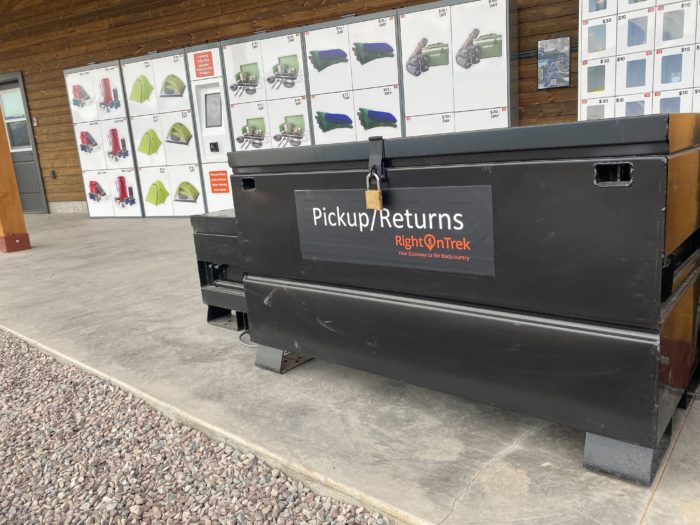
Essentially it’s a smart-locker storage area at the entrance of a recreation area. Users can rent everything they need at the Wilderness Edge in one of two ways, Livschitz said. They can rent and reserve everything online ahead of time. That will include a tent, backpack, sleeping bag and pad, cooking supplies, GPS communication devices, bear sacks, bear spray, water purification, wilderness essentials, first-aid, the works — all for just $50 per person, per day.
Or just drive up when you arrive and rent what you need.
“It’s a completely revolutionary concept. There’s nothing like that on the market,” said Livschitz. “We piloted it last summer [in Glacier National Park]. We tested it and it’s ready for prime time.”
While RightOnTrek’s first Wilderness Edge location is at Glacier National Park, Livschitz said she envisions having one between the airport and the entrance of every major recreational area in the U.S.
Not only will this make the commodity of gear easier for people to access, but it also reduces consumption. Sustainability is a huge part of RightOnTrek’s mission, Livschitz said, and cultivating a culture of reusing and renting gear is a big piece of that.
Pick Your Meal Plan: RightOnTrek Meal Planner
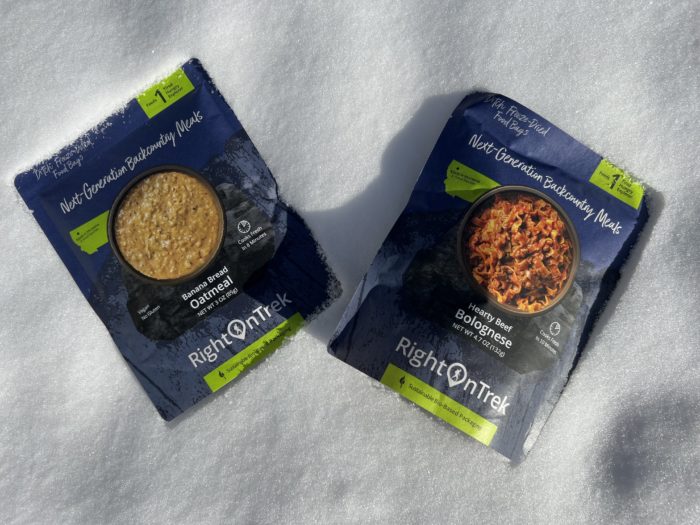
Of course, the final piece of the backpacker/camper planning puzzle is food. How do you make backcountry meal planning easy for anyone?
Luckily, before RightOnTrek had its Wilderness Studio, and before it had even conceptualized the Wilderness Edge, it was known for its backpacking meals. It uses natural ingredients and minimal fillers in its food. And truly, compared to many of the more-popular dehydrated meals out there, these do taste really good. And they come in biodegradable packages that won’t stay in the environment for years after you eat their contents.

But beyond flavor and ingredients (which are very important), is also ease of planning. When you use RightOnTrek’s meal planner it allows you to select your meals based on dietary restrictions or allergies. You can leave certain ingredients out. You can select exactly how many calories you want your breakfast, your lunch, and dinner to include. And you pick your entrées and your snacks.
RightOnTrek will then divvy up each day into its own bag, streamlining your backpacking eating/cooking experience.
Our tester noted, “I don’t have to worry about the time it would take for me to square away my meals. … Instead, I can focus on getting my gear organized, and maybe even get out on the trail sooner.”
Improving Access, Reducing Impact

Anyone who backpacks a lot might have mixed feelings about a Silicon Valley businesswoman digitizing the wilderness and building a platform that breaks down all barriers of entry to the sport. Inviting more people into the backcountry won’t just make trails more crowded, but it will also significantly increase the impact of hikers on the wilderness.
Livschitz is aware of that. And she’s working hard to make sure that her company teaches people about good wilderness stewardship from the very start.
“Sustainability has been a really big part of RightOnTrek mission from the very beginning,” Livschitz said. “I actually think by having a single platform that people use for planning, it’s kind of one road to choke, where we could put a lot of controls and make sure that we enable people to do this right.“
That’s why RightOnTrek has partnered with Leave No Trace. It’s embedding Leave No Trace information in every facet of trip planning on the Wilderness Studio. It’s including Leave No Trace cards in all the equipment it rents, and with the food it sells.
Yes, Livschitz wants more people to be able to organize a trip and get out on the trails. But she’s also trying to protect the environment she’s inviting them into. She’s encouraging gear rental to reduce consumption. She’s using biodegradable packaging for RightOnTrek’s food. And she’s making sure that anyone — experienced backpacker or not — who uses RightOnTrek to plan a trip, understands the concept of Leave No Trace.
If any company is trying to open up access to backpacking and camping “to the masses” at least it’s one that’s doing it with stewardship and sustainability in mind.
